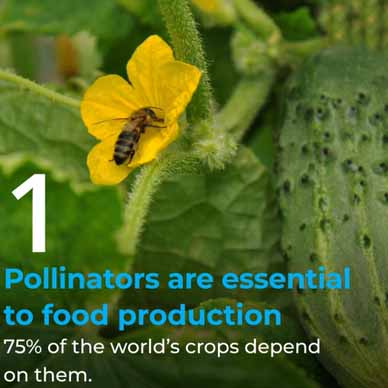Highlights
Director-General
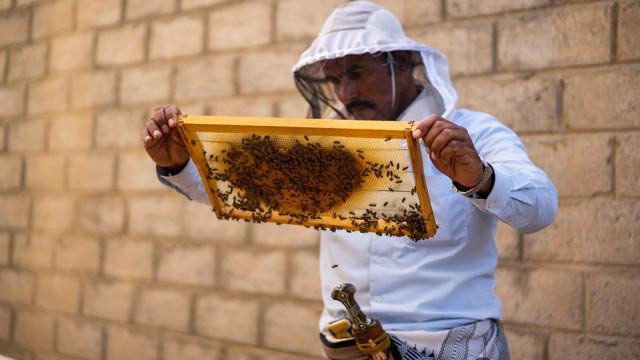
Story
Yemeni Honey: a transcendent legacy
Upgrading productivity and techniques amidst challenging conditions.
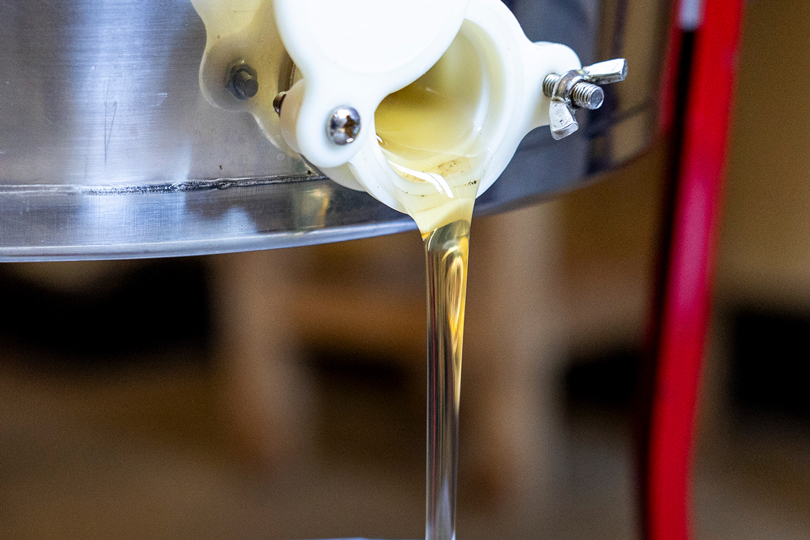
Story
Making honey a priority
FAO’s One Country One Priority Product initiative supports beekeepers and honey producers in Rwanda and Viet Nam.
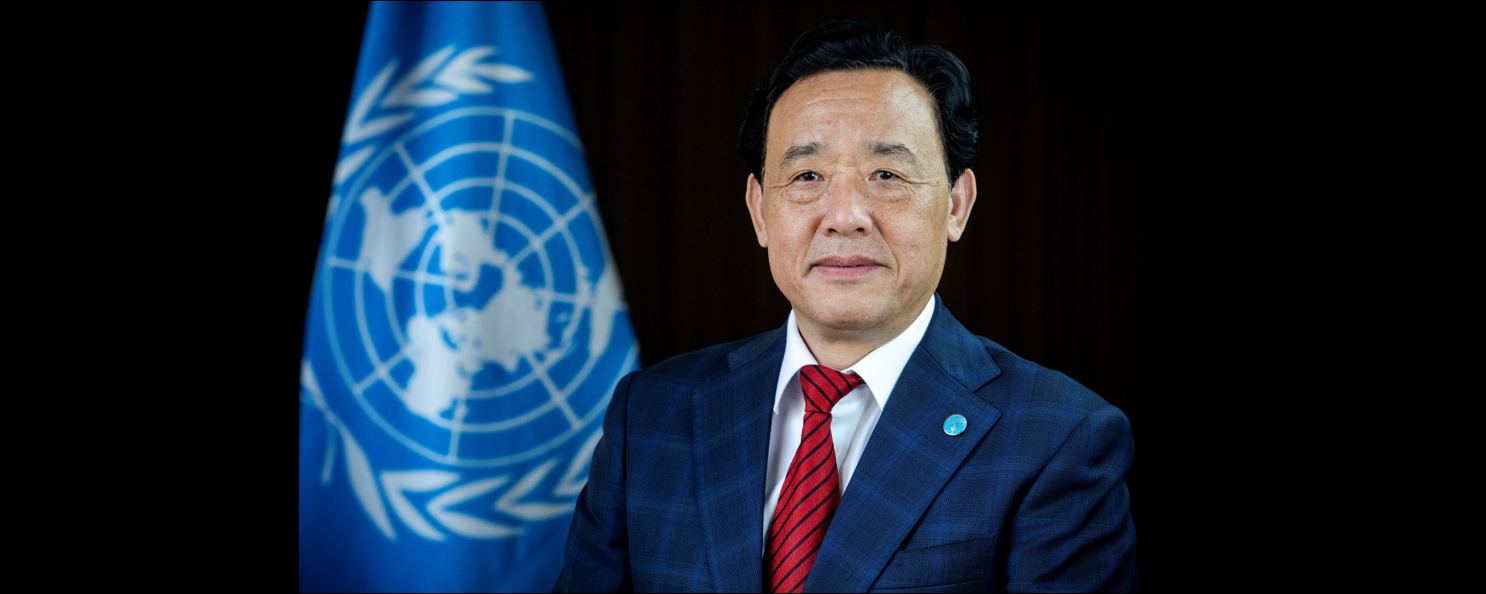
FAO wins the King Hassan II of Morocco Great World Water Prize
Statement by FAO Director-General QU Dongyu welcoming the award

Interactive story
A hands-on look at food and agriculture
Using digital storytelling and data visualization our Interactives offer fascinating insights into the world of food and agriculture.
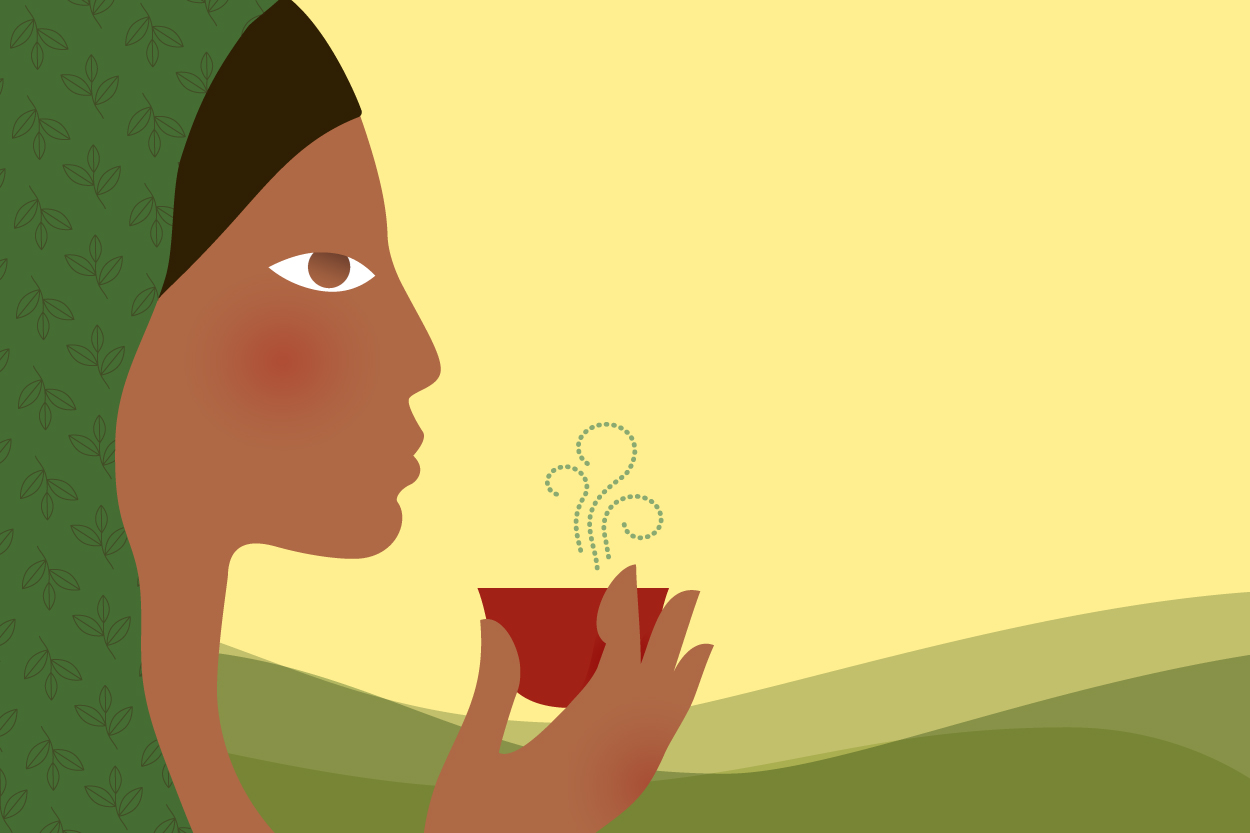

In Focus
FAO response to global food security challenges
Data analyses, policy recommendations, and actions on the ground.
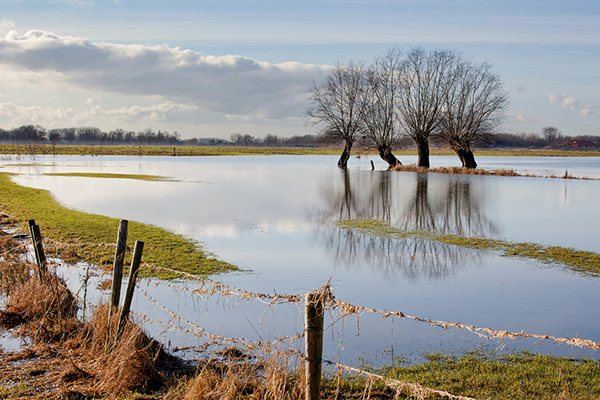
Publication
The Impact of Disasters on Agriculture and Food Security
Avoiding and reducing losses through investment in resilience.

In Focus
Keeping our land and water healthy
See how FAO promotes the sustainable management of these precious resources.
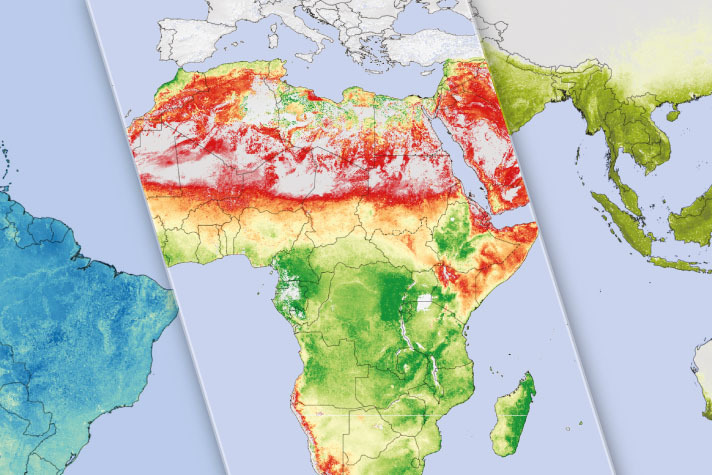
Data
Tracking water consumption around the world
Using satellite data, our WaPOR tool monitors agricultural water productivity at different scales. Access the database now.
Director-General

FAO wins the King Hassan II of Morocco Great World Water Prize
Statement by FAO Director-General QU Dongyu welcoming the award
Voices of Impact
From Honeycombs to Green Jobs: Empowering Zimbabwe's Rural Youth through Beekeeping
20/05/2024
In Zimbabwe beekeeping provides unique employment opportunities for young apiarists. Watch the video and learn how beekeepers such as Ennia and Evelyn have enhanced their skills and embarked on successful entrepreneurial projects with the support of the FAO Bee Farmer Field Schools programme.
Video
Celebrating tea and tea farmers
20/05/2024
For millions of farmers tea represents a precious source of income and livelihoods.
Podcast
Women vaccinators: driving changes in rural Bangladesh
15/05/2024
In rural Bangladesh, 75% of farmers rear poultry in their backyards, mainly women. However, this vital income and protein source faces threats from emerging diseases. In response, FAO implemented the Upazila to Community program. This ongoing initiative trains female farmers as poultry vaccinators, empowering them with independence and skills.
Data
FAO Food Price Index 2021-2024
Source: https://www.fao.org/worldfoodsituation/foodpricesindex/en/
2020 World
31.2%
2010 World
31.5%
In depth
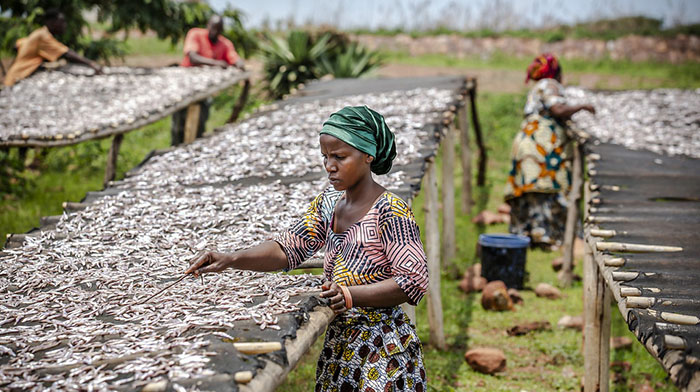
In Focus
Annual funding overview
Thanks to continued trust and growing financial support from our Resource Partners, FAO is working to create a world without hunger or poverty.
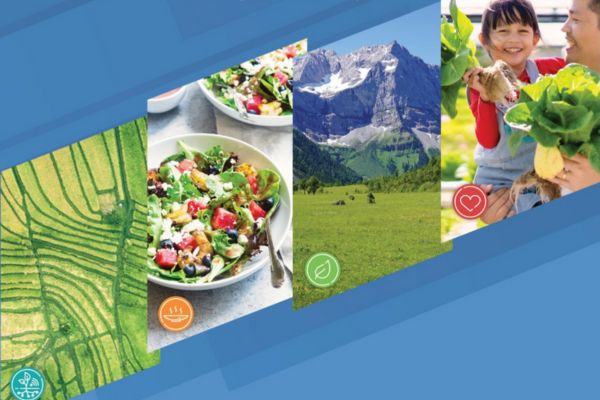
Publication
Medium Term Plan and Programme of Work
The Director-General’s Medium Term Plan (Reviewed) 2022-25 and Programme of Work and Budget 2024-25.
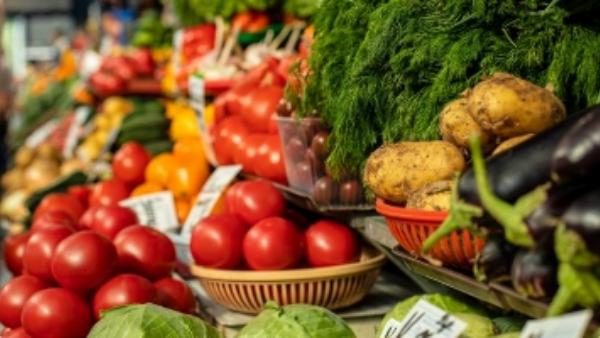
In Focus
FAO Data Lab
The FAO Data Lab for Statistical Innovation modernizes the statistical business process, with a specific focus on emergency contexts, when having access to timely information is very important.
FAO and the SDGs
Hover the mouse over an SDG icon for more information
A world free from hunger and malnutrition where food and agriculture contributes to improving the living standards of all
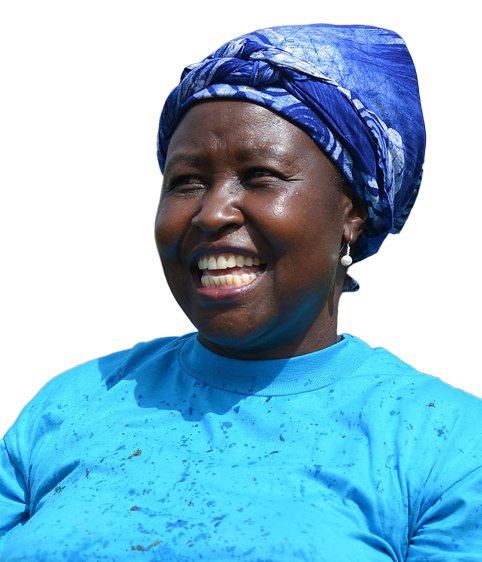
FAO works with governments and partners to empower some of the world’s most marginalized people to end rural poverty.
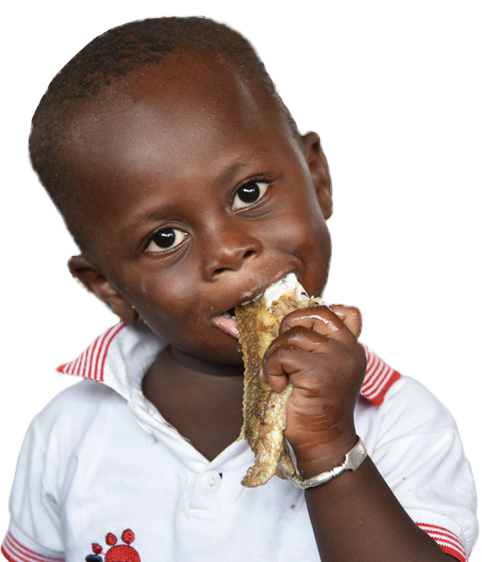
FAO helps ensure food security by developing ways of growing food that will work in the future so that millions of people don’t go hungry.
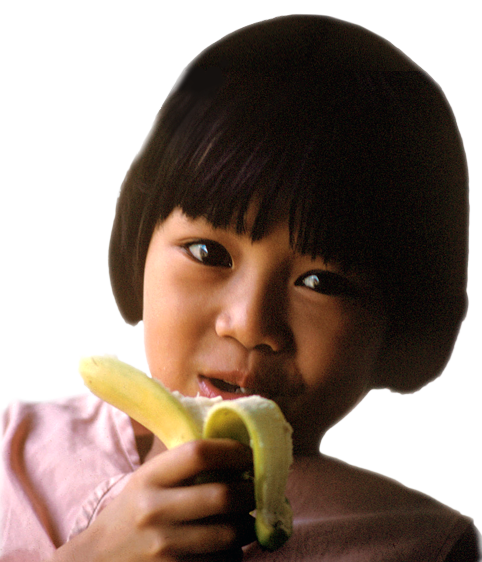
Good health starts with nutrition. FAO sets global standards and works with governments and the private sector to ensure food quality and safety throughout the food chain.

FAO invests in educational systems for rural communities and supports improved access to primary education and school meals in order to create equal opportunities for all and chances of lifelong learning.
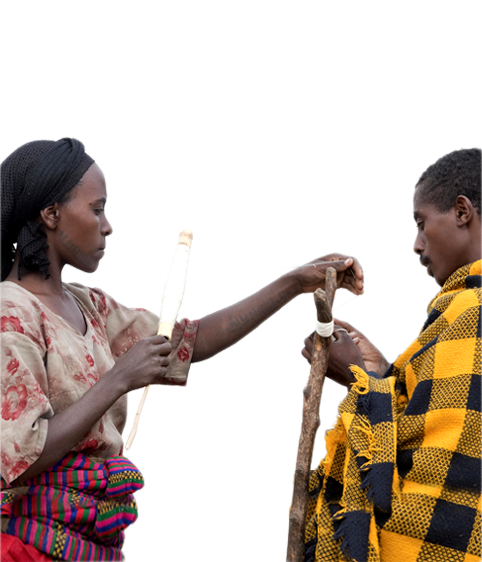
FAO supports gender equality in the agricultural sector in an effort to raise levels of nutrition in local communities and improve agricultural productivity.
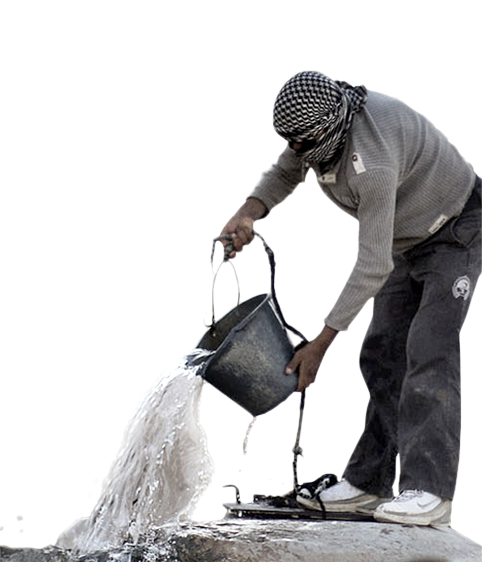
FAO works with governments to ensure water use in agriculture is made more efficient, equitable and environmentally friendly.
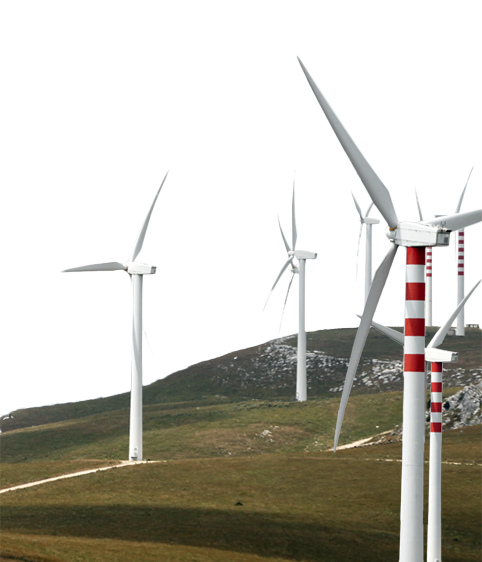
FAO promotes the use of renewable energies and works to ensure access to modern energy services across the food chain.
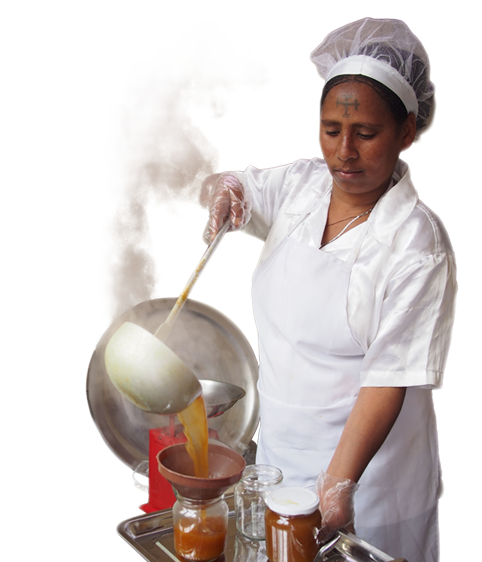
FAO seeks better economic opportunities for all by investing in sustainable agricultural practices and food systems that reduce inequalities and create decent jobs.
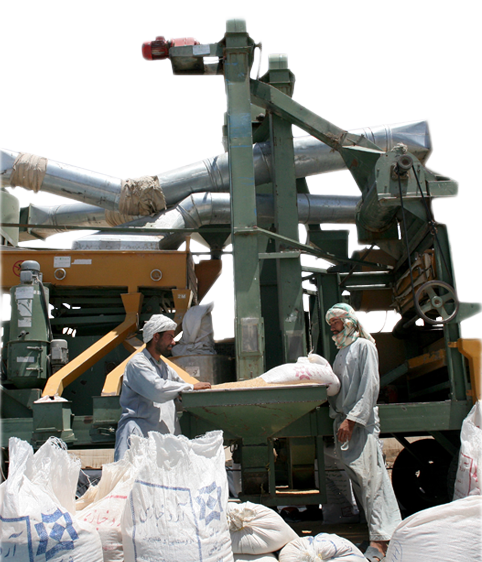
FAO seeks to secure a future for rural communities via investments in transportation, irrigation, food storage facilities and communication technologies.
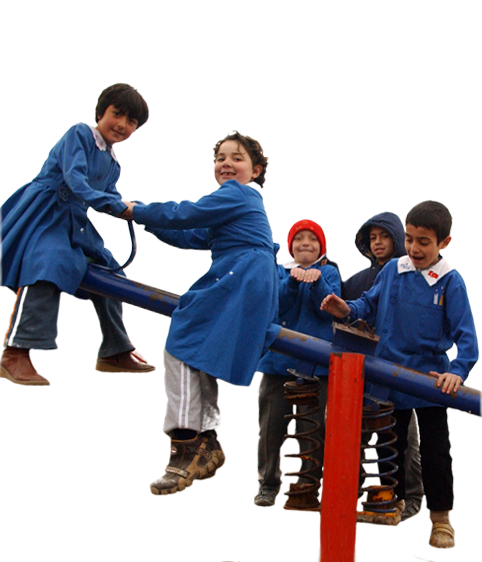
FAO works with countries and partners to generate employment in rural areas, ensure access to natural resources for the most vulnerable and connect farmers to markets.

FAO works to improve urban healthcare, water quality and rethink city region food systems to help deter the negative effects of sprawling urbanisation.
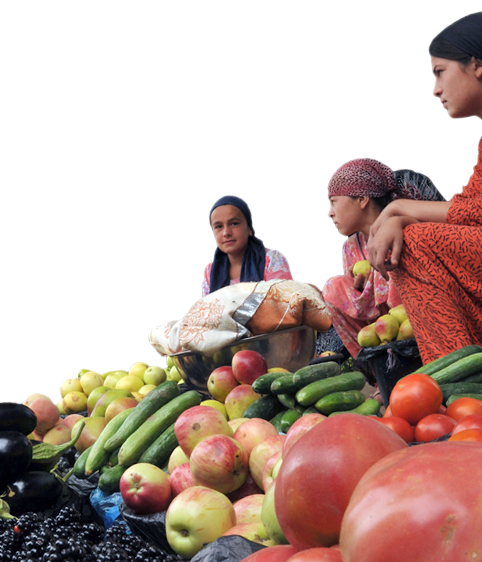
FAO coordinates major global initiatives and projects to tackle food waste and loss, partnering with international organisations, the private sector and civil society.
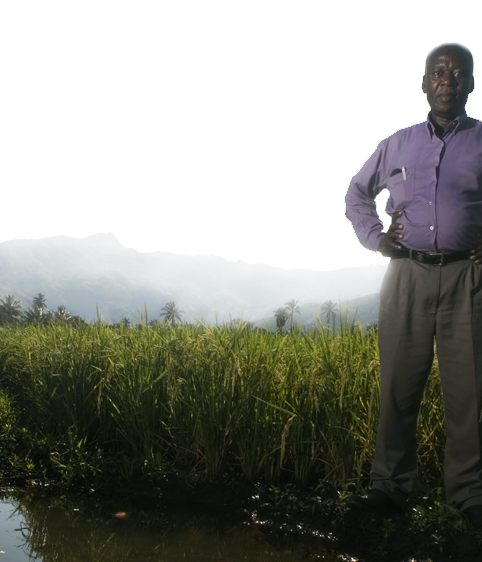
FAO supports countries in responding to the threats of climate change by providing advice, data and tools for better agricultural policies and practices.
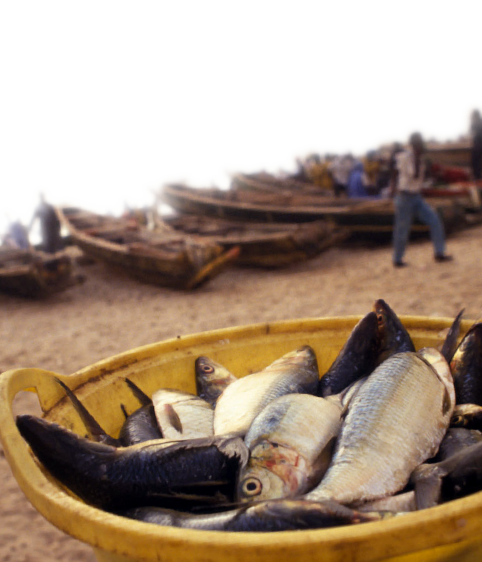
FAO, in partnership with governments and fishing communities, implements best practices in fisheries to ensure our oceans are protected as a means of livelihoods.
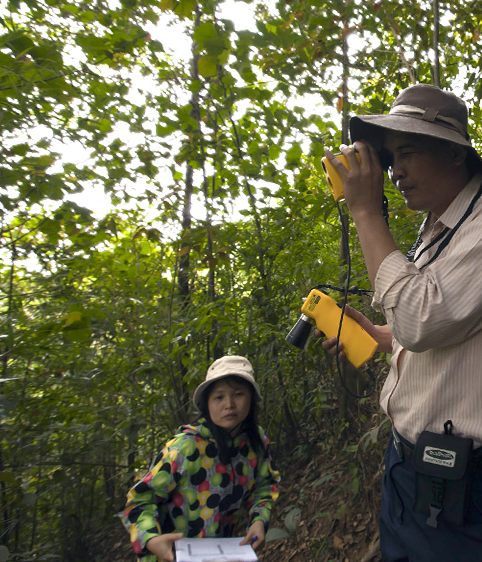
FAO promotes sustainable approaches to natural resource management and supports endeavours that promote a balance between conservation and development initiatives.
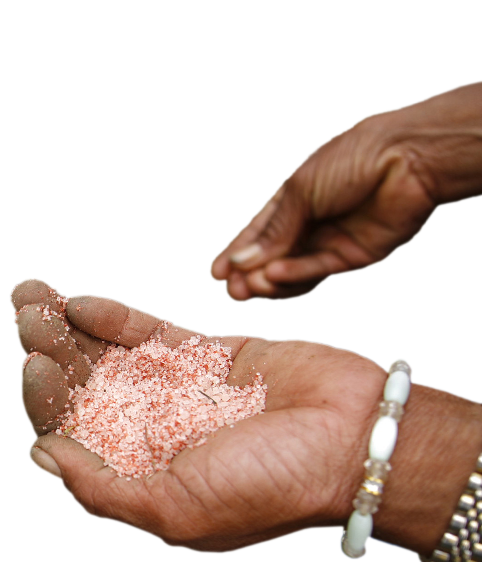
FAO plays a critical role in peacebuilding, restoring rural livelihoods, building resilience and participatory approaches to policymaking.
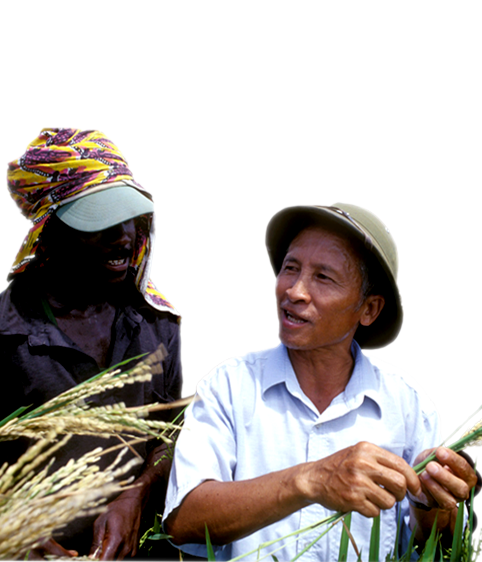
FAO acts as a neutral policymaking forum and develops partnerships with all concerned with food and agriculture to ensure a world free from hunger.


















Globally Important Agricultural Heritage Systems.
FAO Brief - 20 May 2024
In this episode, high levels of acute food insecurity in Honduras; FAO’s Regional Conference for Europe; and Earth Map receives the Google impact award.


